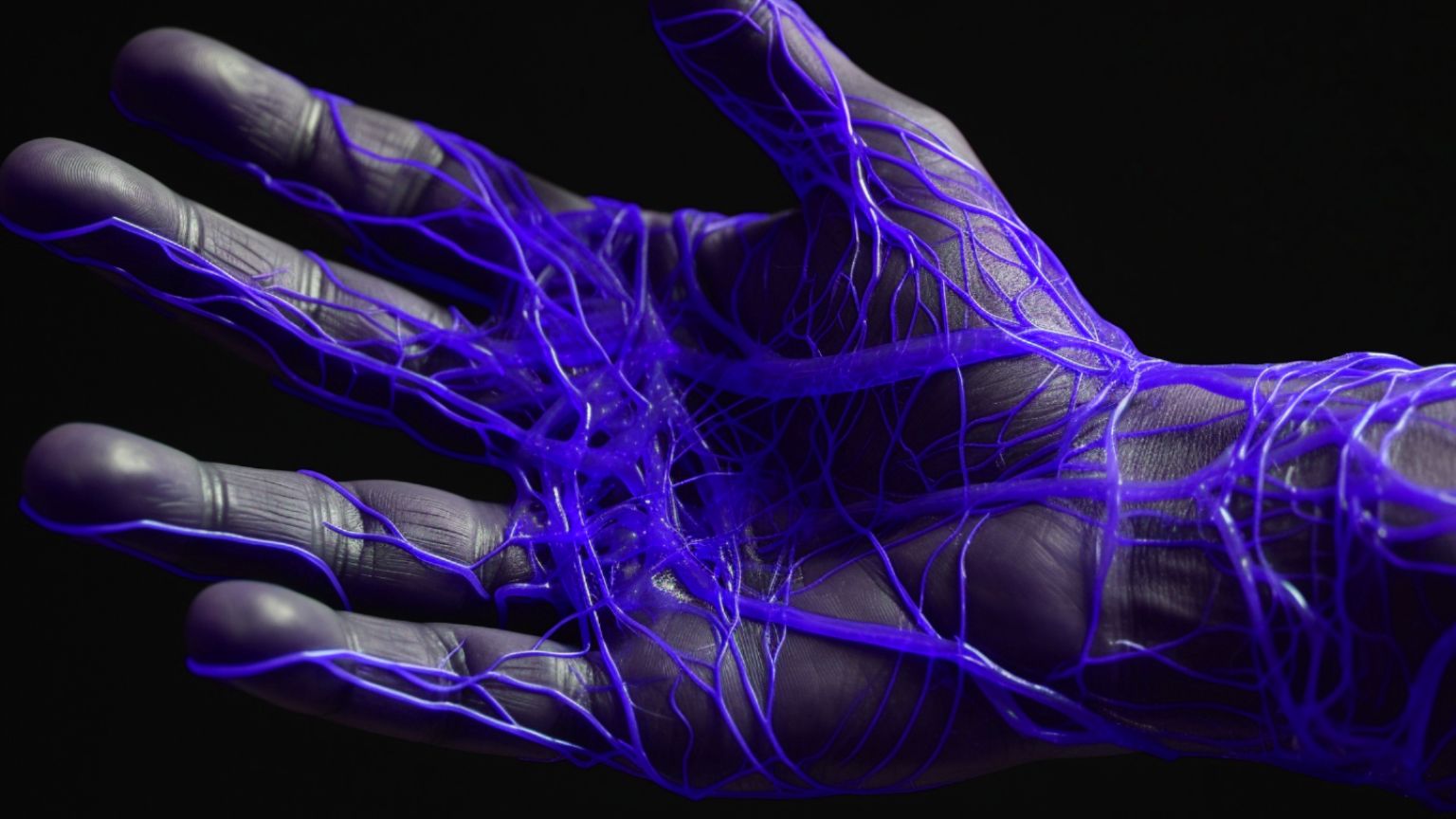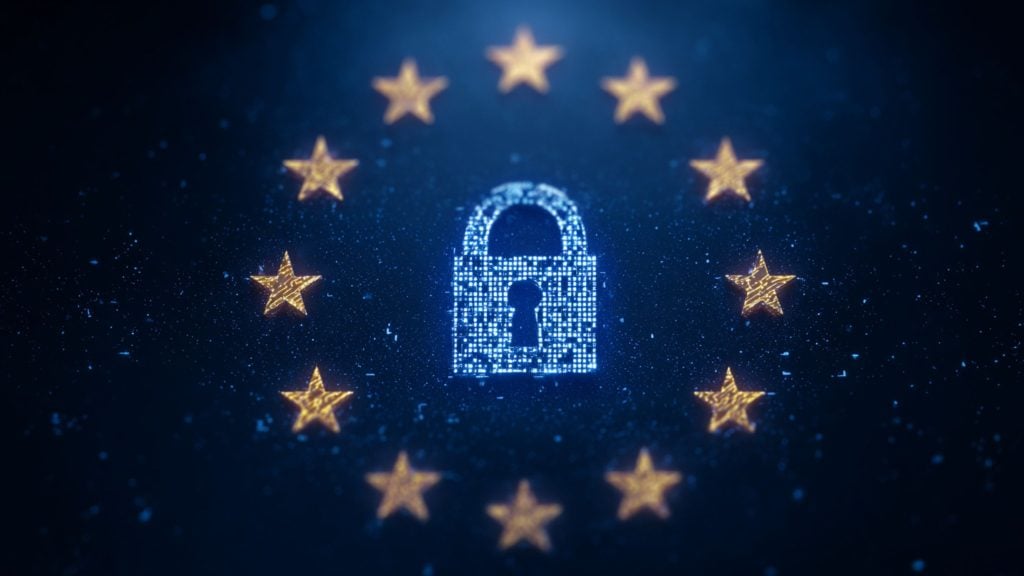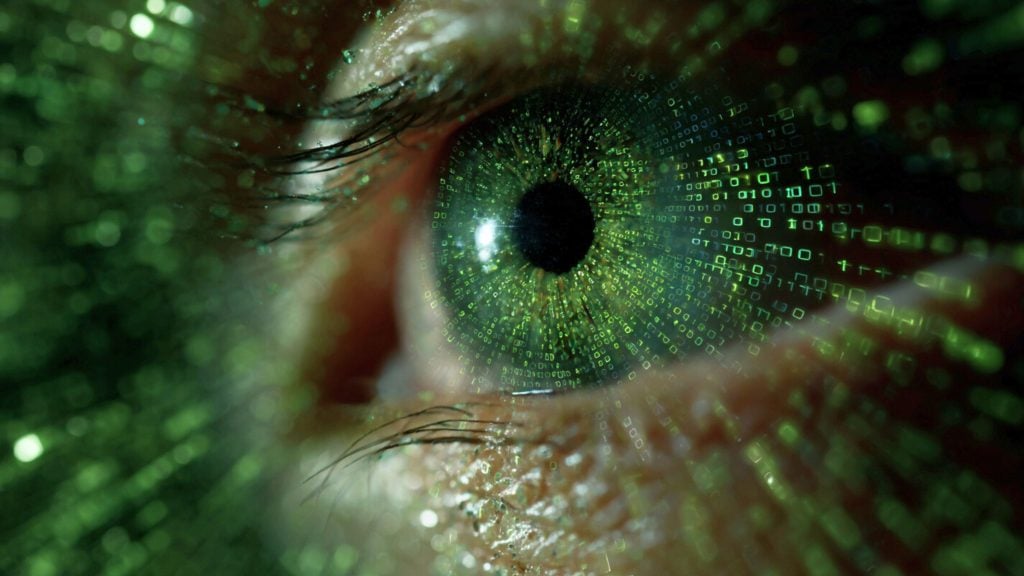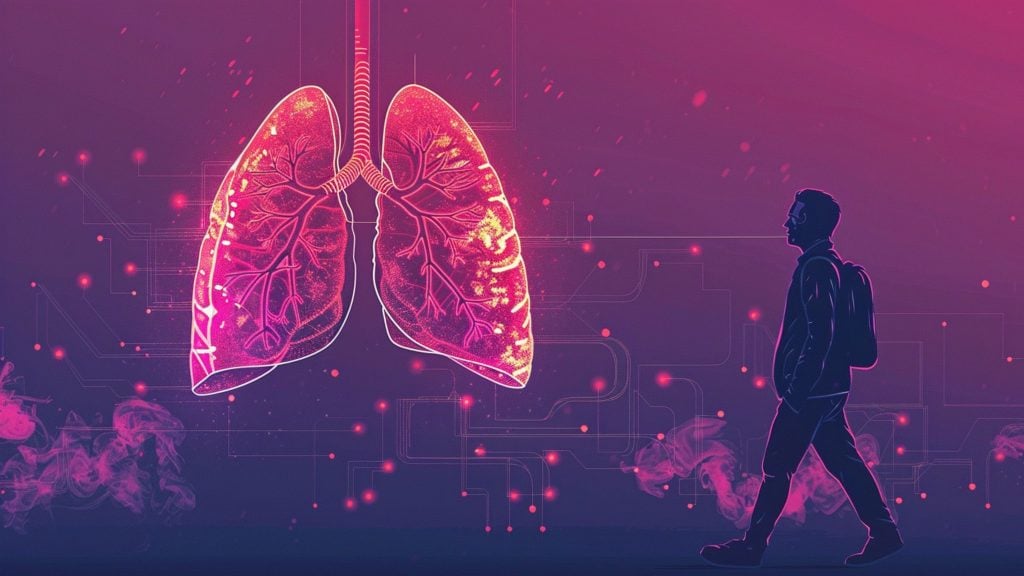Forget face, iris, and fingerprint biometric scans. Are you ready for the veins in your body to be “photographed,” cataloged, and made available to – in reality, eventually, or soon enough – who knows who, who knows for what purpose, depending on circumstances/price, at any point in time?
You’re probably not, but there is a Switzerland-based biometrics startup called Global ID that is certainly ready to provide a way of collecting that – very – personal data. And the company says – now is your turn to believe it, of course – that the (sole) purpose is to authenticate systems and enterprise access control methods.
But how many “innovative” methods of performing this same task do we actually need? Don’t we already have “IT admins” controlling every employees’ computer, locked down?
What we do know right now is that Global ID is not toiling alone, on the margins. To help this effort along, the US has recently approved two patents for technology that its makers say is created for the purpose of said system authentication – via finger-veins.
Let’s look at what Global ID has in store for the world, should its approved patents work out. One – US2023094432 – is about “storing vein biometrics on the chip of an ‘electronic identity object’.”
A lot of people who know what they’re looking at, when they look at the overall tech industry today, justly don’t like centralization – of pretty much anything. It’s just inherently dangerous.
“The match would be carried out over an encrypted symmetric data link, and would add a layer of security and assurance to ID credentials, without introducing the risk of creating a large store of sensitive personal information,” say reports.
We don’t learn what kind of “encryption” we’re talking about here, or how the “layer” here justifies the overall purpose.
The (ominously, perhaps) branded Global ID assures us that its patent is actually “avoiding a centralized database” – by virtue of getting blood vein biometric stored on the chip of what it calls “an electronic identity object” that can be matched to “a verification terminal.”
There’s something about this that made the US Patents Office approve the filing. It may be that they fully understood it. Or, that they have not, at all.
The other patent, US2023084042, now logically expands the scheme to a “biometric server” matching this data in order to allow an entity to “implement secure access control on a desktop computer.












